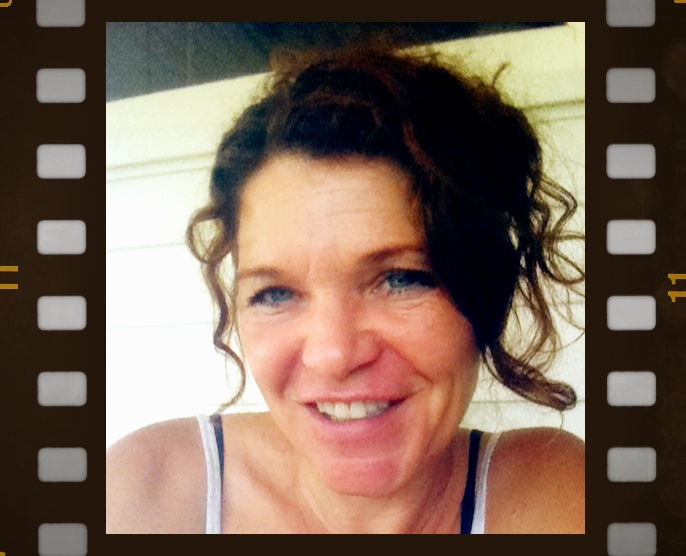A big THANK YOU to everyone who participated in our first CoP discussion last Thursday (January 31 @ 2:30) – and a special thanks to Rosalind Baltzer-Turje from the Dr. Peter Centre for hosting.
We had a great opening discussion and I think we may have all come away with more questions than answers… and this is likely a very good thing. It means we are creating a community and shaping this to suit our needs.
Community practice models have been around for some time, and people get excited about them because they offer a rich and creative space for inter-organizational collaboration enhancing learning and knowledge sharing as well as individual, group and organizational development. Like all communities, CoP’s are fluid and reflective of its members.
What did we talk about?
After an opening round of introductions, people identified several topics that they wanted to bring forward for discussion. Some of the topics included medical marijuana, persistent housing issues in some rural communities, and stigma. After some initial sharing around the topics, we also discussed what we, as a CoP, would do with these ideas. Do we support each other? Do we share our knowledge with each other? Are we here to learn? To advocate? In other words, what is our purpose? Thanks to Shelley Hourston from BC Coalition of People with Disabilities, we learned some more about CoP models, how they function and how technology can support the community.
So, what is our purpose?
The cool thing about a community of practice is that we can figure out how to do whatever it is we want. We can decide if we want to bring in different kinds of expertise for our conference calls; we can talk about our insights and our struggles with the mental health concerns in our communities; and/or we can go deep into particular topics. Figuring out the best ways to do this meaningfully will take some trial and error, and the journey itself will lead us to a place of shared understanding and cohesiveness. Dialogue is key and we plan to use various methods to connect and share.
How do we communicate as a CoP?
As a member of the CoP, there are various ways that you can participate. There is no requirement to DO anything to maintain your membership, but active engagement will ensure that you have an ongoing forum to collectively respond to mental health issues that arise in the work that we do. We will shape our communication strategies to meet the needs of our growing community. Right now, though, here’s how you can be involved:
1. Attend monthly conference calls
- Last Thursday of every month @ 2:30-3:30 pm
- Next Meeting: February 28, 2013
- We decided we would plan the next meeting around a single topic.
2. Join the online discussion forum *NEW*
As topics arise in the group, it’s important we have the opportunity to reflect and contribute to ongoing dialogue. Online discussion forums give people another way of communicating about the topics and issues raised and to keep track of the emerging dialogue. They also help people to stay connected to the dialogue even when they are not able to attend conference calls.
So in order to try this out, we now have a secure online discussion forum for members of the CoP. Members will shortly receive an email from me with instructions on how to access the online forum. In order not to lose the topics that were raised in our discussion, I have started several topic areas. Check it out! You can add your comments to the discussions already started or start your own discussion topics. Let’s see if this works for us!
3. Find information on PAN’s Website
PAN’s website has a lot of resources on mental health, substance use and HIV/HCV and we are adding to it all the time. I host a weekly blog where I post a variety of things – including information about the CoP. And check out the ongoing webinars on mental health.
http://paninbc.ca/programs-projects/mental-healthsubstance-use-hivhcv/
How is a CoP different than any other meeting?
The quick answer is because it provides a range of connections and opportunities to explore the issues around mental health that are important to you.
How can I join the CoP?
It’s easy. Send me an email at [email protected] letting me know that you are interested and you will:
a) begin receiving information about the CoP, and
b) will have access to the monthly conference calls and to the online discussion forum.
I hope to see you there!


